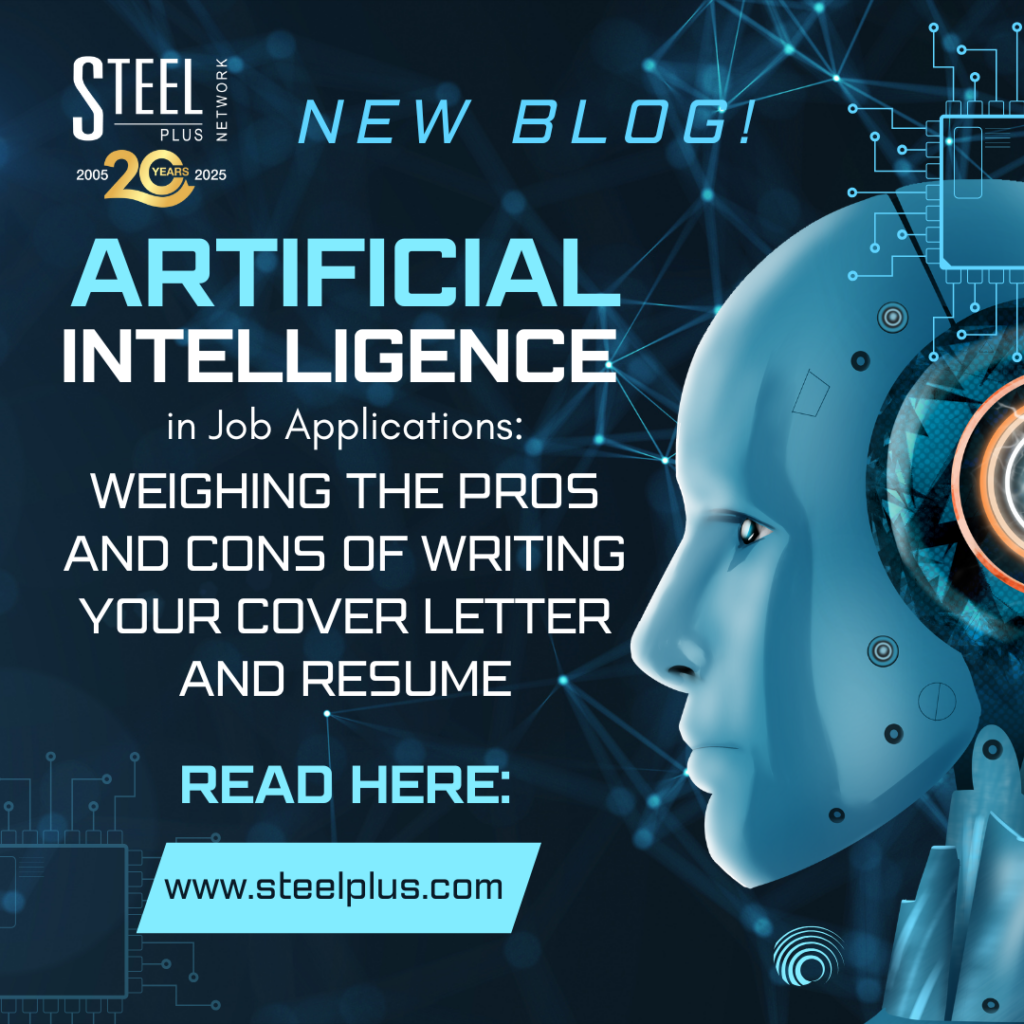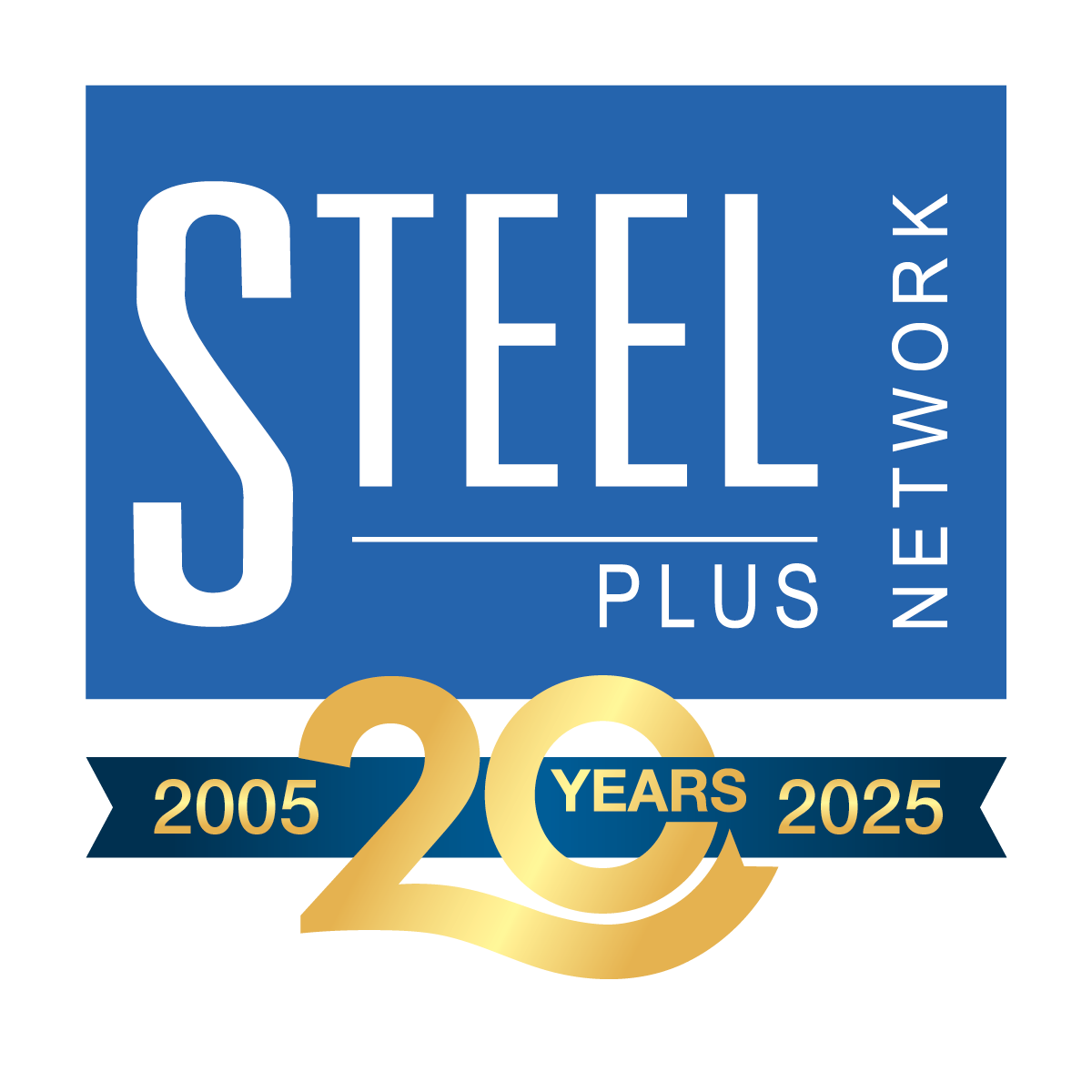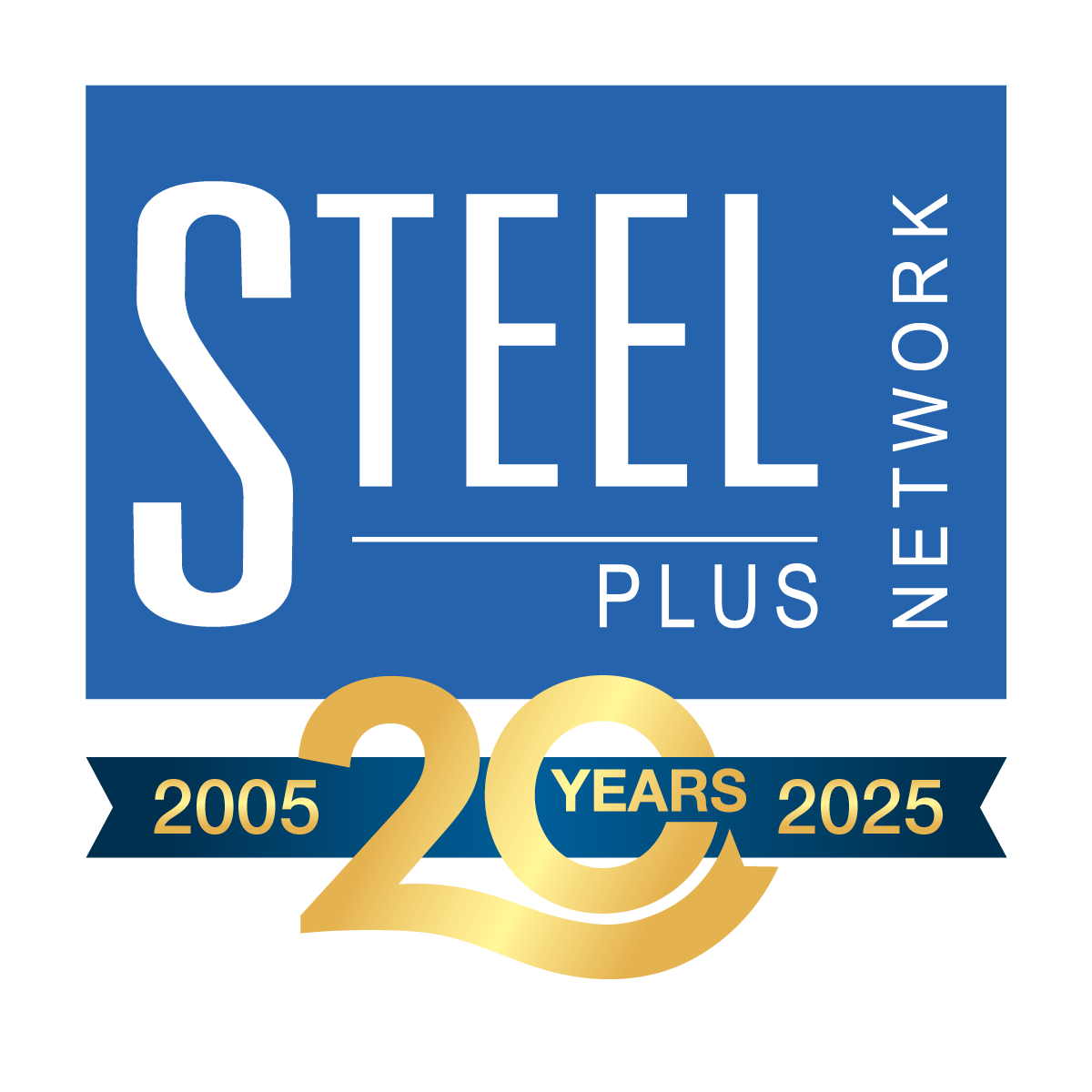AI in Job Applications: Weighing the Pros and Cons of Writing Your Cover Letter and Resume
25 Feb 2025
By Colleen Blackmore-Doucette, President

In today’s digital age, artificial intelligence (AI) has permeated nearly every aspect of our lives, including job applications. The idea of using AI tools to craft the perfect cover letter and resume is enticing, promising efficiency and effectiveness. However, it’s essential to weigh the benefits against the potential drawbacks to make an informed decision.
One of the main advantages of using AI for your job application documents is the time-saving aspect. AI can generate a cover letter and resume in a matter of minutes, sparing you the hours it might take to do it manually. Additionally, these tools often ensure that your documents are well-formatted and free of common errors, providing a polished and professional appearance.
AI can also optimize your documents for Applicant Tracking Systems (ATS), increasing the likelihood that your resume will pass through these automated filters and reach a human recruiter. For non-native speakers or individuals who struggle with writing, AI can offer a helpful starting point, providing a foundation upon which they can build.
The Pros
1. Efficiency and Speed
- Time-Saving: AI can generate a cover letter and resume in minutes, saving you time and effort.
- Formatting Consistency: AI tools often ensure that your documents are well-formatted and free of common errors.
2. Keyword Optimization
- ATS Compatibility: Many AI tools are designed to optimize your documents for Applicant Tracking Systems (ATS), increasing the chances of your resume being seen by recruiters.
3. Accessibility
- Assistance for Non-Native Speakers: For those who may struggle with the language or writing skills, AI can provide a helpful starting point.
However, despite these advantages, there are significant drawbacks to consider. AI-generated cover letters and resumes can be overly generic, lacking the personal touch and unique voice that sets an applicant apart. The AI may not capture the nuances of your experience and skills that are crucial for the specific role you are applying for. This lack of personalization can make your application less compelling to potential employers.
Moreover, AI can sometimes misinterpret your input, leading to inaccuracies or irrelevant details in your documents. These contextual errors can weaken your application and reduce your chances of making a strong impression. There are also ethical concerns associated with relying too heavily on AI. By allowing a machine to handle such a critical part of the application process, you risk disengaging from a process that is essential for understanding and pursuing your career goals. Additionally, AI-generated content may sometimes embellish or misrepresent your qualifications, raising ethical issues about honesty in applications.
The creativity and individuality of your cover letter and resume can also be limited by AI tools, which often follow predefined templates. The language used by AI can be bland and devoid of the passion or enthusiasm that human writing can convey, making your application less memorable. Furthermore, the effectiveness of AI depends on the quality and accuracy of the data it has been trained on. Poor data can lead to poor outcomes, and AI can inadvertently introduce biases based on its training data, affecting the fairness of your application.
The Cons
1. Lack of Personalization
- Generic Content: AI-generated cover letters and resumes can be overly generic, lacking the personal touch that makes your application stand out.
- Missed Nuances: AI may not capture the unique aspects of your experience and skills that are crucial for the role you’re applying for.
2. Contextual Errors
- Inaccurate Information: AI might misinterpret your input, leading to inaccuracies in your documents.
- Irrelevant Details: The AI might include information that is not relevant to the job or the industry, which can weaken your application.
3. Ethical Concerns
- Dependence on Technology: Relying too much on AI can lead to a lack of engagement with the application process, which is an important part of understanding and pursuing your career goals.
- Honesty and Authenticity: There is a risk that AI-generated content may embellish or misrepresent your qualifications, raising ethical issues about honesty in applications.
4. Limited Creativity
- Rigid Structures: AI tools often follow predefined templates, which can limit creativity and individuality in your cover letter and resume.
- Bland Language: The language used by AI can sometimes be bland and devoid of the passion or enthusiasm that human writing can convey.
5. Dependence on Data Quality
- Data Limitations: AI’s effectiveness depends on the quality and accuracy of the data it has been trained on. Poor data can lead to poor outcomes.
- Bias and Fairness: AI can inadvertently introduce biases based on the data it has been trained with, which can affect the fairness of your application.
While AI can offer some advantages in terms of speed, formatting, and keyword optimization, it falls short in areas that require personal touch, contextual understanding, and ethical considerations. Using AI to write your cover letter and resume might be a good starting point, but it’s essential to review and personalize the content to reflect your unique qualifications and experiences genuinely. By striking a balance between technology and human input, you can create a compelling application that stands out in the competitive job market.

